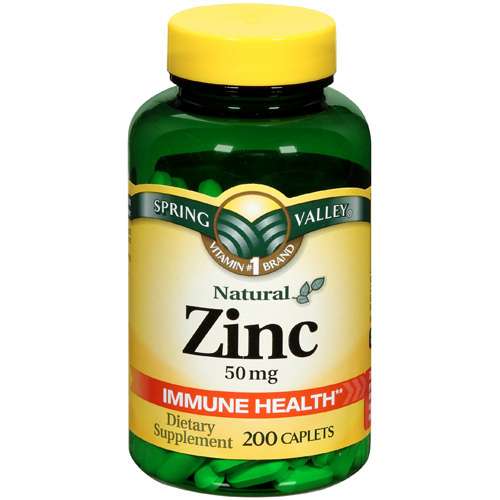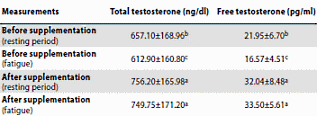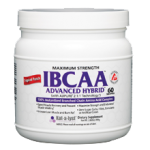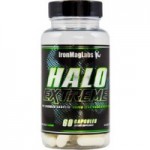Zinc Increases Testosterone Levels
Blog Entry #43
By Admin –Steroidal.com
Zinc is an essential mineral our bodies need for a number of functions. These include; enzyme activity, immune function, healing, protein synthesis, cell signalling and transcription, eye health, energy use and finally, testosterone production. Zinc is found in a number of foods mostly, shellfish, beef, some vegetables and dried fruits.
Its not new to put zinc into a dietary supplement and claim it helps raise testosterone production, this has been going on for years. ZMA (Zinc and Magnesium Aspartate) was marketed heavily towards athletes and claiming to improve sleep, recovery and enhance testosterone levels. Whether ZMA is effective is another blog post, so lets address the animal data and human studies on zinc and if it’s worth taking.
The first study was done on rats and published in 2007 in the Society of Integrated Sciences [1]. The rats were given daily injections of zinc at 3mg per kg of bodyweight into the small intestine. This lasted for four weeks and at the end of the study the rats were made to swim for thirty minutes. Two more groups were also involved in this study. One group of rats also swam, but were given no extra zinc as a control and another group did nothing at all, no zinc and no swimming.
After the exercising the rats testosterone level was tested by the researchers. The swimming made the control groups testosterone levels decrease but in the rats given extra zinc, this did not occur. The lactic acid level was also higher in the rats given no extra zinc. The researchers suspect that this is due to zinc being used in times of energy use or physical activity.
“Physiological doses of zinc supplementation may produce useful outcomes for performance”, the researchers conclude.
So are there human studies? Yes.
The same researchers then did a similar study on humans, which was published in the same journal [2]. Ten male subjects with an average age of 20. They were given a large dosage of zinc at 3mg per kg. A average sized 80kg male would be consuming 240mg of zinc. The daily suggested amount is 10-15mg, so 240mg is a considerable number. This also lasted for four weeks.
After four weeks the male subjects were told to peddle to the point of exhaustion on an ergometer. The researchers also got the subjects to complete the study again but not being given extra zinc.
As you can see above, free testosterone (FT) rose 50% when rested and then increased again after exercise. In comparison, the control group’s free testosterone did not increase but actually decreased 20% after the physical activity.
Whilst the above data shows promising results in terms of testosterone production, we feel these zinc doses are too high. Large amounts of zinc can cause toxicity and results in side effects such as, nausea, vomiting, epigastric pain, lethargy, fatigue and serious side effects in cholesterol levels and can increase the incidence of prostate cancer in males.
The last human study we’re going to look at is on trained athletes, not untrained subjects like the studies above. Wrestlers in Turkey with a similar average age of 19 were given 3mg of zinc sulphate, which translates to fairly extreme dosages as we previously stated above. The wrestlers did weight training once a week and cross training once a week, so were fairly active.
Much like the other Turkish studies above, the wrestlers were told to reach the point of exhaustion on a bike. Before and after exercise, thyroxine and testosterone was tested in the zinc-supplemented wrestlers.
Under normal circumstances, very heavy exhaustion will lower these two hormones, but in the zinc-supplemented group this didn’t happen. Before the exhaustion test the subjects had a 40% higher free testosterone level.
We don’t suggest large amount of zinc or this method to raise testosterone levels. There are safer herbal products on the market that will enhance testosterone output and not compromise your health.
Source:
[1]. Neuro Endocrinol Lett. 2006 Feb-Apr; 27(1-2):267-70.
[2]. [Neuro Endocrinol Lett. 2007 Oct;28(5):681-5.]
[3]. Neuro Endocrinol Lett. 2006 Feb-Apr; 27(1-2):247-52.










